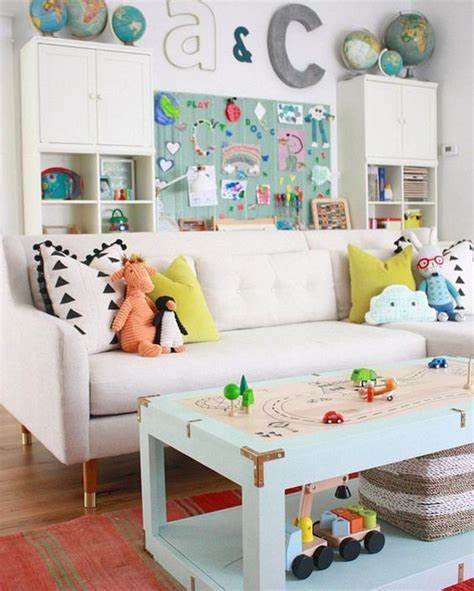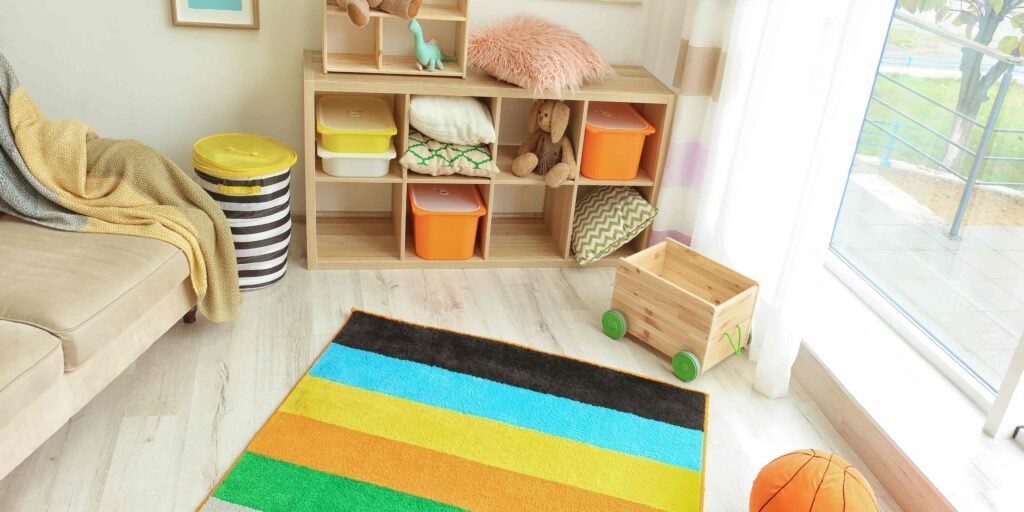Play spaces are more than just areas for fun and games—they are essential environments for fostering mental well-being in both children and adults. These spaces promote relaxation, creativity, social bonding, and emotional resilience, making them vital for mental health. Let’s explore the numerous benefits of play spaces and why they should be prioritized in every community.

Stress Relief
Play spaces provide a haven for relaxation and enjoyment, helping to reduce stress levels in both children and adults.
- Physical Activity: Engaging in play increases endorphins, the body’s natural stress relievers. Activities like swinging, climbing, or running can alleviate tension and improve mood.
- Nature-Based Playgrounds: Play spaces surrounded by greenery offer added benefits. Exposure to nature has been shown to lower cortisol levels, which reduces stress.
Encourages Creativity and Imagination
Play spaces spark creativity by offering opportunities for unstructured, open-ended play.
- Creative Problem-Solving: Activities like building blocks, puzzles, or pretend play encourage children to think creatively and find solutions to challenges.
- Imaginative Growth: Playgrounds with themed structures or loose parts invite kids to create stories and engage in imaginative play, fostering cognitive development.
Builds Social Connections
Play spaces are ideal for building and strengthening relationships, which are crucial for mental health.
- Peer Interaction: Children learn vital social skills such as sharing, collaboration, and conflict resolution while playing with others.
- Family Bonding: Play spaces also encourage families to spend quality time together, deepening emotional connections and providing support systems.
Boosts Emotional Resilience
Through play, children and adults learn to cope with challenges and setbacks, building emotional resilience.
- Safe Risk-Taking: Climbing a challenging structure or trying a new activity helps children face fears and develop confidence.
- Managing Emotions: Play provides an outlet for expressing emotions and developing strategies to handle frustration, disappointment, or fear.
Improves Focus and Cognitive Function
Play spaces can enhance concentration and cognitive performance, especially for children.
- Breaks from Routine: Stepping away from structured activities or screens for free play refreshes the mind and improves focus.
- Stimulating Environments: Vibrant and interactive play areas encourage problem-solving, critical thinking, and spatial awareness.
Promotes Physical and Mental Synergy
Physical activity in play spaces is closely tied to mental health benefits.
- Exercise and Mental Health: Regular physical activity improves brain function, reduces symptoms of anxiety and depression, and boosts overall happiness.
- Coordination and Confidence: Activities like balancing beams or climbing enhance motor skills and self-esteem, which positively influence mental well-being.
Encourages Mindfulness
Play spaces, especially those designed with sensory features, promote mindfulness and help children and adults stay present.
- Sensory Play: Sandboxes, water features, and interactive elements engage the senses, fostering a calming and focused state of mind.
- Mindful Observation: Adults supervising children in play spaces often find themselves relaxing and enjoying the simplicity of the moment.
Inclusive Play and Mental Health
Inclusive play spaces designed for children of all abilities provide significant mental health benefits.
- Fostering Empathy: These spaces teach children the importance of understanding and inclusivity, which strengthens emotional intelligence.
- Accessible Fun: For children with disabilities, inclusive play spaces offer equal opportunities to engage, learn, and socialize, boosting self-worth and happiness.
Final Thoughts
Play spaces are essential for mental health, providing opportunities for stress relief, social connection, and personal growth. By incorporating diverse and inclusive features, these spaces can support the mental well-being of entire communities, making them invaluable assets for families and neighborhoods.










